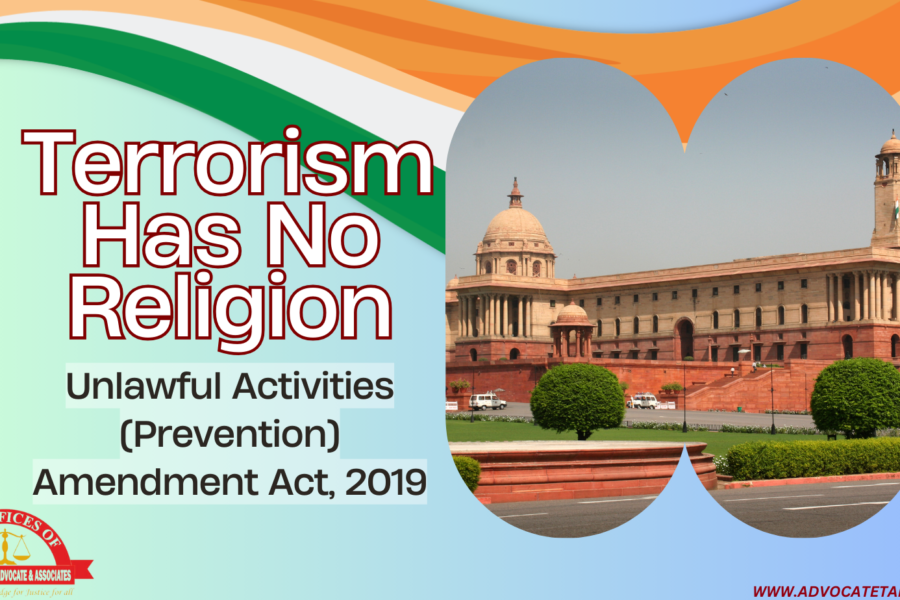Introduction
History of Unlawful Activities (Prevention) Act
The features of the Unlawful Activities (Prevention) Amendment Act
Below is a quick rundown of the new features brought about by the amendment:
- The Act gives the central government the authority to label someone as a “terrorist” if they are discovered planning, carrying out, encouraging, or otherwise connected to any terror.
- Before designating someone, the government is not compelled to provide them a chance to be heard.
- According to the law, different Western authorities may receive access to the financial and personal data of an individual who has been labelled as a terrorist.
- It allows personnel holding the title of Inspector of the NIA to look into violations under Chapters IV and VI.
- The bill’s provision allowing NIA to conduct raids anywhere without first obtaining authorization from the relevant state government has sparked controversy and concerns from a variety of sources.
- A person identified as a terrorist may file an appeal with the Home Secretary, who must decide how to proceed within 45 days, according to the Home Ministry, allaying concerns about potential abuse of the law.
- Suppose the person is dissatisfied with the Home Secretary’s decision. In that case, they may appeal to the review committee, which is made up of at least two retired central government secretaries and is presided over by a sitting or retired high court judge. Additionally, an appeal could be made in HC or SC after that.
- The law’s provisions are comparable to a UN policy that the Security Council uses to put pressure on a state or other body to abide by the goals the UN has set forth without using force.
Need for the new Amendments
- USA (the nation seen as the champion of human rights)
- Pakistan
- China
- Israel
- The European Union and
- United Nations Security Council: Generally seen as the human rights champion
Concerns about the Unlawful Activities (Prevention) Act amendment
- when someone commits a terrorist act.
- when the individual participates in a terrorist act.
- when someone is preparing for a terrorist act.
- when an individual indulges in a terrorist organisation that is listed.
- when someone disseminates material that has the power to indoctrinate people into supporting terrorism.
Criticism of UAPA
Conclusion
Adv.Khanak Sharma(D\1710\2023)


The epitome of excellence in international healthcare.
can you buy lisinopril prices
The pharmacists are always updated with the latest in medicine.
Always professional, whether dealing domestically or internationally.
where can i buy generic cytotec without dr prescription
Always stocked with the best brands.
Their international supply chain ensures no medication shortages.
gabapentin 600 mg side effcets
Their flu shots are quick and hassle-free.
Their international health advisories are invaluable.
order generic lisinopril prices
Their online chat support is super helpful.
Their international patient care is impeccable.
cost of generic lisinopril without dr prescription
A reliable pharmacy in times of emergencies.
A reliable pharmacy that connects patients globally.
where can i buy cheap zestril tablets
Always delivering international quality.